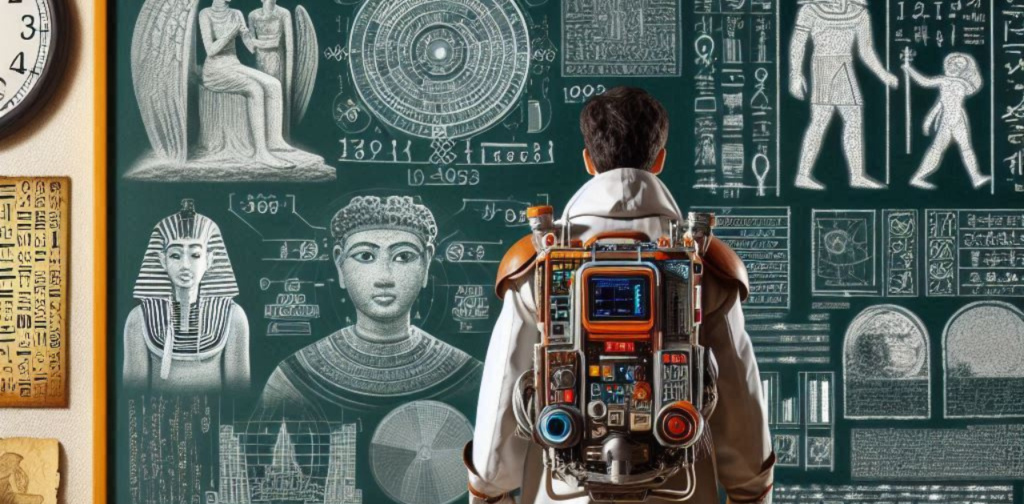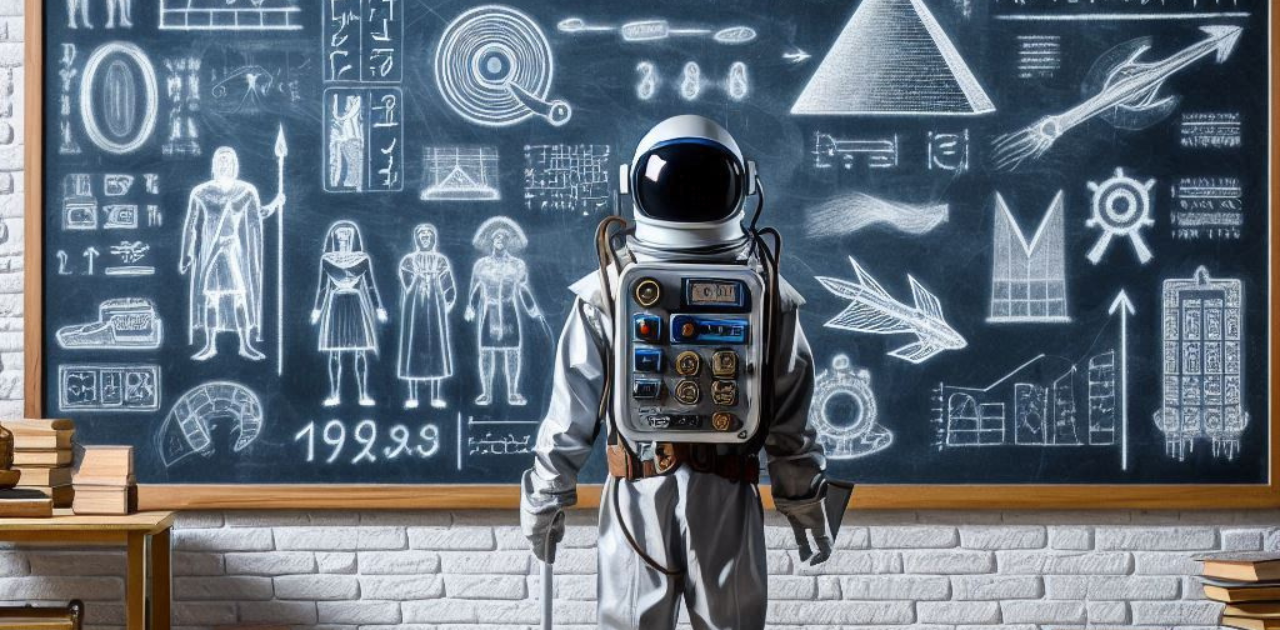Contents
Travel Through Time: A History of Education
Introduction
The history of education is a rich tapestry woven with threads of social, cultural and philosophical development. From the earliest forms of informal learning to today’s complex education system, education has been the cornerstone of human civilization. This essay explores key milestones in the evolution of education, highlighting its impact on societies and individuals throughout history.
Body
The history of education
dates back to ancient civilizations:

- Ancient Civilizations: Early forms of education focused on practical skills and religious teachings. Mesopotamian scribes, Egyptian priests, and Chinese scholars were among the first to receive formal instruction.
- Greek and Roman Influence: The Greeks emphasized philosophy and critical thinking, which laid the foundation for Western education. The Romans developed a more practical system focused on law, administration, and military training.
- Medieval Europe: Education during this period was primarily religious, with monasteries and churches serving as centers of learning. The emergence of universities marked a significant shift towards higher education.
Renaissance and Reformation: Humanism and the Protestant Reformation challenged traditional education, leading to the development of grammar schools and the expansion of literacy. - Colonial America: Education in the colonies was influenced by European models, emphasizing religious education and preparing students for civic participation.
- Industrial Revolution: The rise of industrialization led to the development of public education systems to meet the needs of a growing workforce.
20th Century and Beyond: The 20th century saw significant advances in education, including the expansion of higher education, the development of special education, and the integration of technology.
Important Figures and Movements in Education
- Confucius: Chinese philosopher emphasizes moral and ethical education.
- Socrates, Plato and Aristotle: Greek philosophers who shaped Western thought on education.
- Martin Luther: Advocate of universal education and literacy.
John Dewey: Proponent of progressive education and experiential education. - Maria Montessori: Developed innovative educational methods for young children.
Table: Evolution of Education
| away Key Features | Important data
|—|—|—|
| Ancient civilizations Practical skills, religious education Mesopotamian scribes, Egyptian priests
| Greek and Roman Philosophy, Rhetoric, Civics | Socrates, Plato, Aristotle
| Medieval Europe | Religious education, monastic schools Charlemagne, Abelard
| Renaissance and Reformation | Humanism, Classical Studies Erasmus, Martin Luther |
| Industrial Revolution | Mass Education, Vocational Training | Horace Mann |
| 20th century | Progressive Education, Extension of Higher Education | John Dewey, Maria Montessori |
Result
The history of education is a testament to humanity’s constant quest for knowledge and personal growth. From its humble beginnings as informal learning to the complex systems of today, education has evolved in response to social changes, technological advances, and philosophical shifts. Understanding the historical development of education provides valuable insight into contemporary challenges and opportunities.

Frequently Asked Questions
- What is the oldest form of education?
- Non-formal education through family and community is considered to be the oldest form of education.
- How did the Industrial Revolution affect education?
- The Industrial Revolution led to the development of a large-scale education system to meet the needs of a growing workforce.
What was the role of religion in primary education? - Religion played a central role in early education, with many schools affiliated with religious institutions.
- How has technology changed education?
- Technology has transformed education by providing new tools for teaching and learning, such as online courses, digital textbooks, and interactive learning platforms.
- What are the future trends in education?
- Future trends include personalized learning, artificial intelligence, and global citizenship.

The history of education
serves as a foundation for understanding the present and shaping the future of learning. By studying the past, we can gain valuable insight into the challenges and opportunities ahead.
Would you like to focus on a specific period or aspect of the history of education for a more in-depth article?
